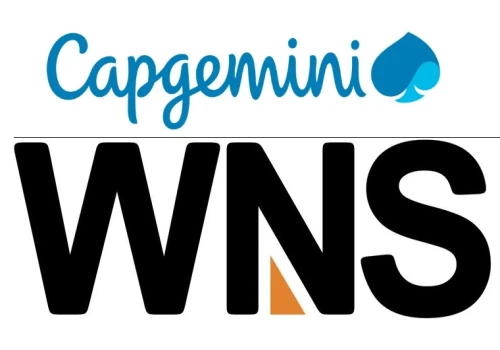
Oil prices edged higher on Thursday, April 11th, amid escalating tensions between Iran and Israel. This follows threats from Iran to retaliate for a recent Israeli strike on a diplomatic compound in Syria. The potential for a wider conflict in the Middle East is keeping oil traders on edge.
Market on Alert for Potential Iranian Strike. Brent crude futures were trading above $90 per barrel, building on a 1.1% gain from the previous day. Similarly, West Texas Intermediate (WTI) hovered around $86 per barrel. The price increase reflects growing concerns that Iran or its proxies might launch an attack on Israel, potentially disrupting oil supplies from the region.
US and Allies Warn of Imminent Attack. According to sources familiar with the situation, the US and its allies believe an Iranian attack is imminent. This follows a vow from Iran's Supreme Leader, Ayatollah Ali Khamenei, to retaliate for the Israeli strike in Syria.
Oil Prices Up Despite US Stockpile Glut. Despite the recent price gains, the oil market faces significant headwinds. US crude oil stockpiles are currently at their highest level since July 2023, which could dampen future price increases. Additionally, a recent hot inflation print in the US raises the possibility of delayed rate cuts from the Federal Reserve. This could strengthen the US dollar and make oil, priced in dollars, less attractive to investors holding other currencies.
Analysts Divided on Oil Price Outlook. Analysts are divided on the future trajectory of oil prices. While some, like major trading firms and Wall Street banks, are adopting a bullish stance, predicting a possible return to $100 per barrel for Brent crude, others remain cautious. Macquarie Group, for instance, predicts a bear market for Brent in the second half of the year, suggesting the recent gains might not be sustainable in the absence of actual supply disruptions arising from geopolitical events.
Geopolitical Tensions Provide Temporary Support. "The current geopolitical environment continues to provide support to oil prices," said Warren Patterson, Head of Commodities Strategy at ING Groep NV in Singapore. However, he cautioned that "further upside is limited without a fresh catalyst or further escalation in the Middle East."
Iran Vows Retaliation but Won't Block Strait of Hormuz
Adding to the uncertainty is Iran's stance on the Strait of Hormuz, a critical shipping lane for oil exports from the Middle East. While Iran's Supreme Leader has reiterated the country's intention to retaliate for the Israeli strike, the head of Iran's naval forces has assured that they won't block the Strait of Hormuz. This has helped to prevent a more dramatic price surge. The oil market appears poised for a period of volatility in the coming months. While the potential for an Iran-Israel conflict presents a risk factor, the market is also grappling with issues like US stockpiles and the Federal Reserve's monetary policy. Investors should closely monitor geopolitical developments and economic data releases to navigate this uncertain landscape.











